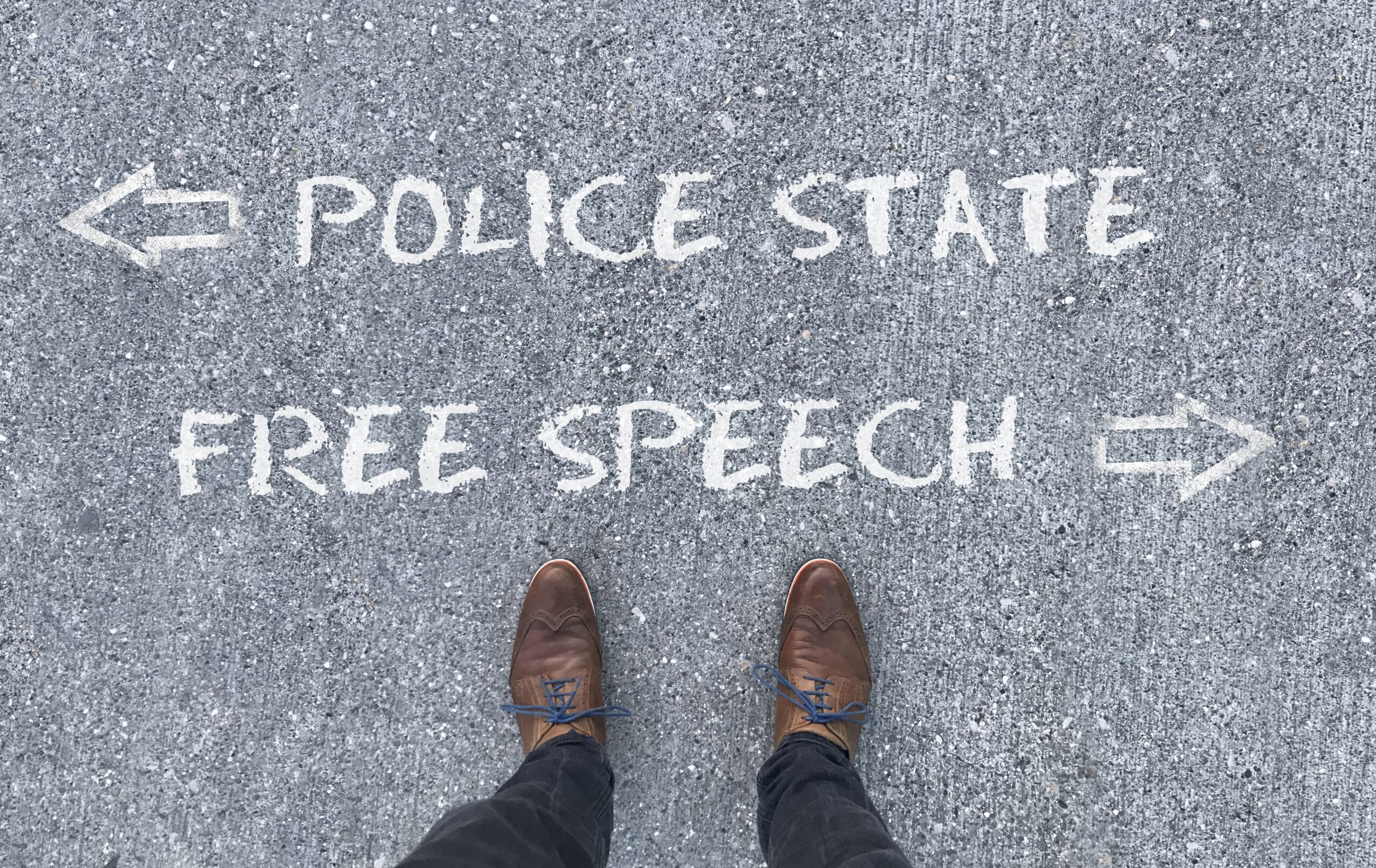The Power of Freedom of Speech: Fostering Understanding and Preserving Liberties

Freedom of speech has long been regarded as a cornerstone of democratic societies, a fundamental right that allows individuals to express their thoughts, ideas, and opinions without fear of censorship or persecution. Throughout history, the importance of this freedom has been recognized, as it plays a vital role in promoting dialogue, fostering understanding, and advancing social progress. In light of recent debates surrounding hate speech legislation in Ireland, it becomes crucial to reaffirm the value and significance of freedom of speech.
Historical Significance
The recognition of freedom of speech as a fundamental right dates back centuries. In ancient Athens, the birthplace of democracy, citizens were encouraged to participate in public debates and express their views openly. The concept gained further prominence during the Enlightenment period, as philosophers like John Locke and Voltaire championed the idea that individuals should have the liberty to express their thoughts without fear of reprisal.
Famous Quotes
Numerous renowned figures throughout history have emphasized the importance of free speech. Their words serve as a reminder of its essential role in society. Thomas Jefferson, one of the founding fathers of the United States, famously stated, “I prefer dangerous freedom over peaceful slavery.” This sentiment encapsulates the notion that even if speech may at times be uncomfortable or contentious, it is essential for the preservation of individual liberties.
Voltaire, a leading figure of the Enlightenment, famously said, “I may not agree with what you say, but I will defend to the death your right to say it.” This quote emphasizes the principle that freedom of speech extends not only to popular or agreeable opinions but also to dissenting or unpopular ones. It highlights the need to protect diverse voices and viewpoints, even when they challenge prevailing norms.
The Value of Open Discourse
Open and unrestricted discourse is crucial for the development of a healthy and inclusive society. When people are free to express their thoughts and engage in dialogue, it enables the exchange of ideas, the challenging of established beliefs, and the opportunity for growth. Constructive debates and discussions allow us to understand different perspectives, expand our knowledge, and foster empathy.
While hate speech legislation may aim to combat discrimination and protect vulnerable groups, it is crucial to strike a balance that preserves freedom of speech. Rather than suppressing opinions, it is more effective to address hate speech through education, awareness campaigns, and fostering a culture of tolerance and understanding. By promoting open dialogue and encouraging respectful engagement, we can address the root causes of hatred and discrimination in a more comprehensive manner.
Ireland’s New Hate Speech Legislation
The recent discussions surrounding hate speech legislation in Ireland have sparked a contentious debate on the limits of free speech. It is important to recognize that protecting individuals from discrimination and promoting freedom of speech are not mutually exclusive goals. While the new legislation aims to combat hate crimes and extend protections to marginalized groups, it is crucial to ensure that the legislation does not inadvertently stifle the open exchange of ideas and opinions.
Conclusion
Freedom of speech is a fundamental pillar of democratic societies, fostering understanding, and preserving individual liberties. As we navigate the complexities of hate speech legislation, it is vital to remember that open discourse can only help us build a more inclusive and tolerant society. By upholding the principles of free speech while taking appropriate measures to combat discrimination, we can strike a balance that respects both the rights of individuals and the well-being of our communities.








